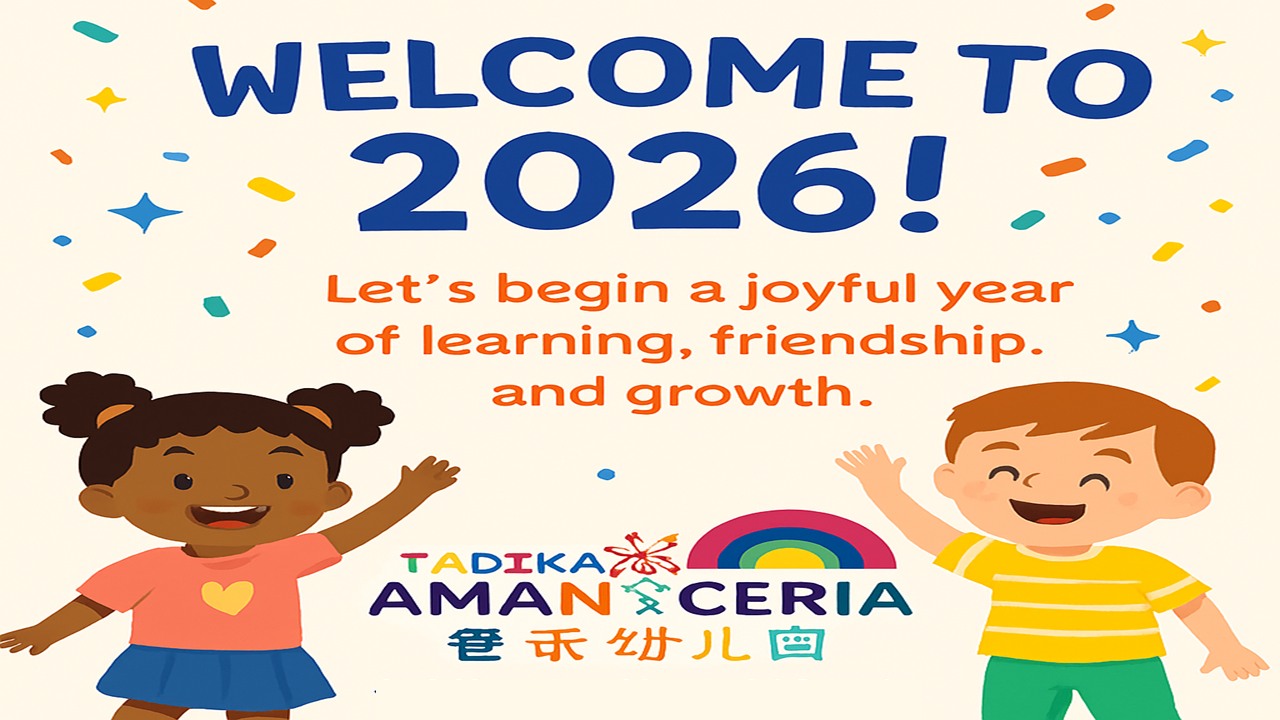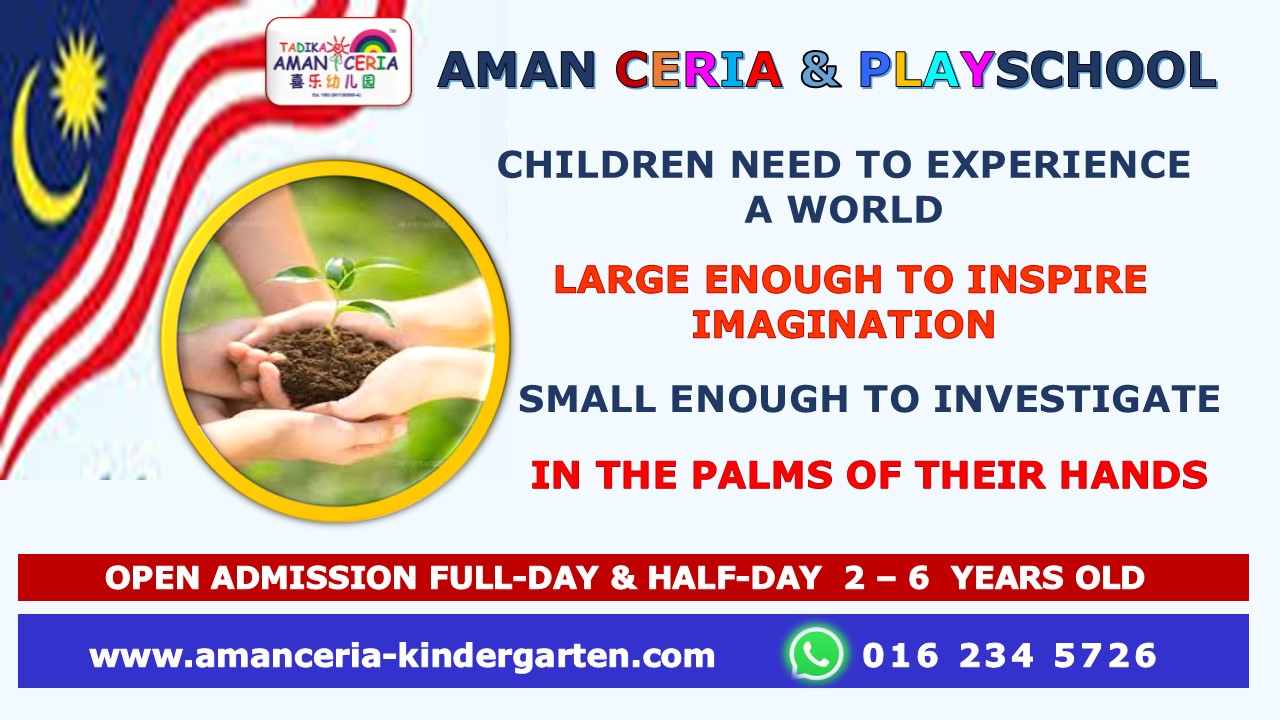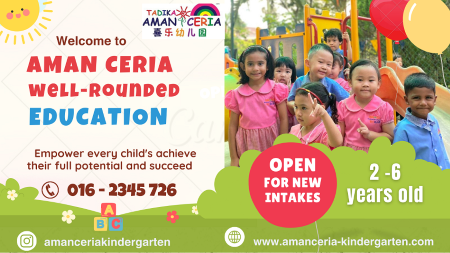What is ADHD ?
ADHD refer to attention deficit hyperactivity disorder- is a biological, brain based condition that is characterized by poor attention and distractibility and/or hyperactive and impulsive behaviors.
It is one of the most common mental disorders that develop in children. If left untreated, ADHD can lead to poor school/work performance, poor social relationships and a general feeling of low self-esteem.
The impulsivity of children with ADHD can cause problems with self-control. They'll interrupt conversations, invade other people's space. They tend to be moody and to overreact emotionally. As a result, others may start to view them as disrespectful, weird, or needy.
Children with ADD/ADHD also have trouble concentrating if there are things going on around them. They usually need a calm, quiet environment in order to stay focused.
Symptoms of a child with ADHD
* difficulty sustaining and paying attention to tasks at home or school
* not following through with tasks or completing instructions
* play and interact loudly, easily distracted, easily get bored
* hyperactive/impulsive behaviors, seem to be perpetually "on the go."
* making careless errors, being forgetful, losing things
* having difficulty organizing tasks, activities, or belongings
* appear restless, fidgety, difficulty remaining seated
* running / climbing about excessively when it is inappropriate to do so
* having difficulty waiting his/her turn in a game or activity
* interrupting or intruding on others
* avoiding or disliking doing things that take a lot of effort for a long time
Positive effects of ADHD in children
In addition to the challenges, there are also positive traits associated with children with ADHD...
Creativity
Children can be marvelously creative and imaginative. They may be easily distracted, but sometimes they notice what others don't see.
Flexibility
Children are more open to different ideas.
Enthusiasm and spontaneity
Children are interested in a lot of different things and have lively personalities.
Energy and Drive
When the children are motivated, they work hard and strive to succeed. It actually may be difficult to distract them from a task that interests them, especially if the activity is interactive or hands-on.
Parenting tips for children with ADHD
Don't wait to get help for your child. If your child struggles with symptoms that look like ADHD, don't wait to seek professional help. Get your child into therapy. Implement a better diet and exercise plan. Modify the home environment to minimize distractions.
Parenting children with ADHD can bring on a variety of upsetting emotions including embarrassment, anger, anxiety, and frustration. Stay positive and healthy yourself. Your best assets for helping your child meet the challenges are your positive attitude.
When you are calm and focused, you are more likely to be able to connect with your child, helping him / her to be calm and focused as well. Keep things in perspective.
Don't sweat the small stuff and be willing to make some compromises. If you are a perfectionist, you will not only be constantly dissatisfied. Believe in your child. Make a list of everything that is positive and unique about your child. Trust that your child can learn, change, mature, and succeed.
The challenge is to be able to work towards achieving your child's fullest potential. Understanding that your child's behavior is related to a disorder. Most of the time it is not intentional.
• Children with ADHD need clear defined schedules and routines. It is important to set a time and a place for everything to help your children understand and meet expectations
• Establish simple and predictable routines for meals, homework, play, and bed for your children to follow so that they know what to expect and what they are expected to do.
• It is also easier for them to follow these routines when charts are used, write or draw out the tasks required for each time of day for example, homework time, play time and time for bed etc.
• Hang these charts where your children can see as a reminder of their responsibilities. Children respond very well to rewards and consequences to manage behavior and discipline.
• It is always best to give positive praise for example, smile and say "I like the way you keep your toys " or " you are doing well with your homework" Praising and encouraging your children when they show positive behavior will likely to increase positive behavior.
• The focus is on praise or privileges as rewards; such as an outing trip, or play favorite games with them, rather than offering toys as prizes.
• Celebrating the small goals in your children's progress and development will improve both your mood, ( feel good ) and your children's self-esteem.
• Show your unconditional love and support, be sure they know that they are valued members of the family even though at times you are angry or frustrated with their behavior.
• A healthy lifestyle will help the entire family preserve both physical and emotional health. Children with ADHD should avoid junk and sugary foods.
• Ensure that your children are eating regularly, small meals every few hours may be most effective for some children with ADHD. It is important to teach your children to make good food choices.
• Exercise can help excitable children "burn off" excess energy, and regular exercise promotes physical well-being and healthy sleep habits. Encourage your children to participate in organized sports that suit their abilities.
• As part of the rules and routines, it is important to have a set bedtime. If children are not well-rested, they will have problem staying focused on-tasks.
Take care of yourself :
Parenting can be very stressful at times, take care of yourself, eat right, exercise, and find ways to reduce stress.
Seek support :
Talk to your child's doctors, therapists, and teachers. Friends and family can be wonderful about offering to take care of your children, let them know how best to handle them. If you do get sick, acknowledge it and get help.
Take breaks:
Take time off from parenting to spend time on activities you enjoy in order to recharge yourself. You would not be effective parents if you have no energy or you get sick. Join an organized support group for parents of children with ADHD.
These groups offer a forum for giving and receiving advice, and provide a safe place to vent feelings and share experiences. Take advantage of all the resources that are available to you.






